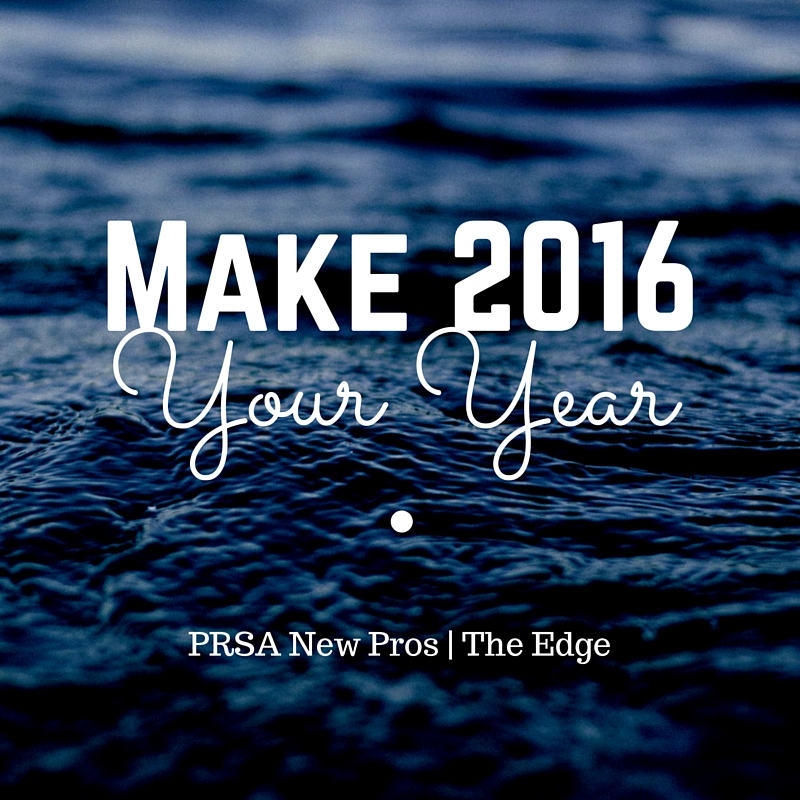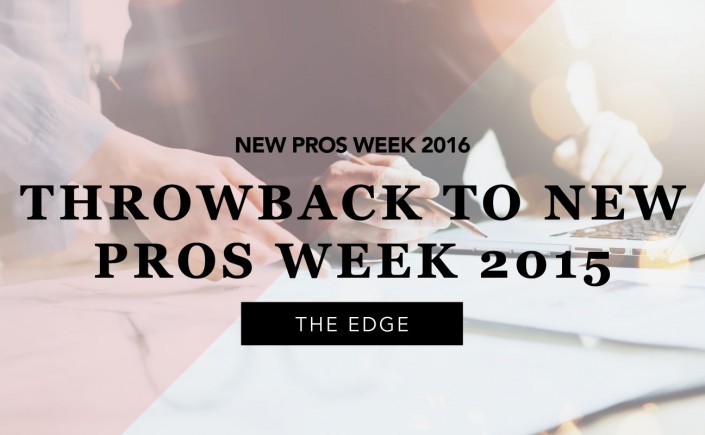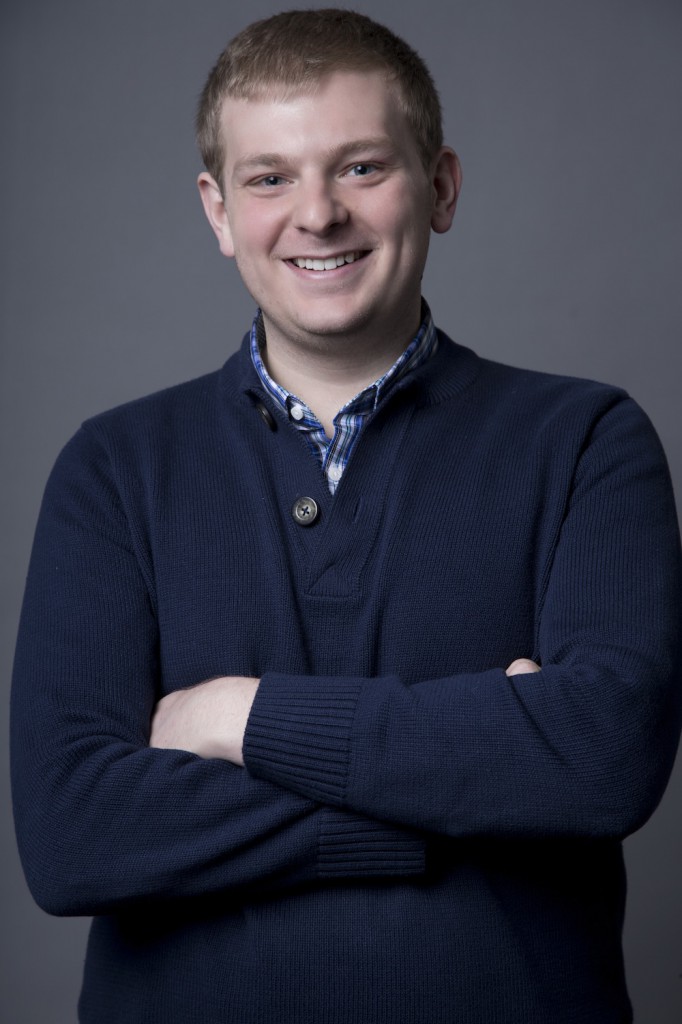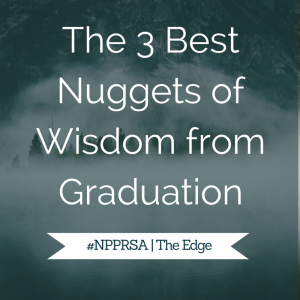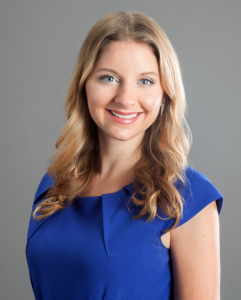The internet is full of great advice about how to find a job – where to look, how to approach a hiring manager, what to say in a perfect cover letter – but I’ve noticed that advice on how to identify the right job for you isn’t as abundant.
When you graduate from college, the goal is to find a job in your chosen field with decent compensation, benefits, and an enjoyable work environment. New PR pros often go the agency route to get their foot in the door and soak up as much experience as humanly possible.
After that first job or two, choosing a job gets a bit more sophisticated – at that point you’re at a critical turning point in your career that shapes your professional future. I’m currently happily employed in my second job, after happy employment at my first job, and have been lucky to land two fulfilling opportunities. With that said, I know the questions I would ask myself before accepting my next opportunity would be entirely different than those I asked in the past. Here are three things I would ask myself the third time around.
1. How does this role fit into my long-term vision for my career and life?
At a certain point, the ultimate goal of a job isn’t about getting you to the next job – it’s about getting you closer to your ultimate vision. A job should support your long-term professional AND personal development. It shouldn’t be shortsighted. Does this job offer the work-life balance you will need to fulfill personal goals? What about flexibility and the compensation or benefits needed to save for retirement or buy a house? Time off to support a side hustle? This is the time to understand what is most important to you, and find a job that supports you in that quest.
2. Do my values align with the values of management and my peers?
So important. The more your values and goals align with those of your team, the more motivated 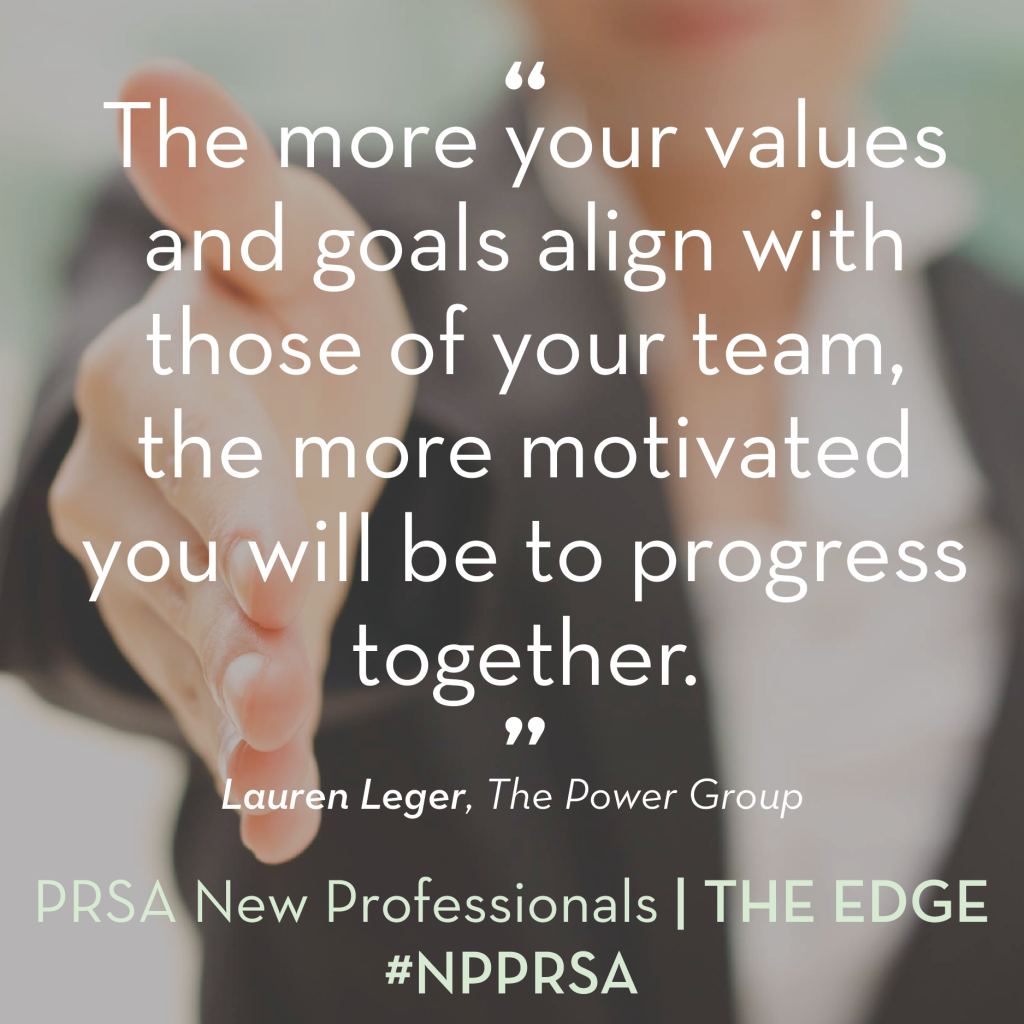 you will be to progress together. Carefully notice those who speak with you throughout the interview process. What kinds of questions are they asking? How do they treat you? What’s their body language? All of these things can provide insight into their values and work style. If you don’t feel like it’s a fit, it’s probably not, and you’ll likely run into roadblocks in the job as a result. Go with your gut impression of people and be sure to consider how it will affect your day to day at work. If you don’t consider values in the job search, you may find yourself working with people who are not likeminded, facing an uphill battle every day at work – not fun!
you will be to progress together. Carefully notice those who speak with you throughout the interview process. What kinds of questions are they asking? How do they treat you? What’s their body language? All of these things can provide insight into their values and work style. If you don’t feel like it’s a fit, it’s probably not, and you’ll likely run into roadblocks in the job as a result. Go with your gut impression of people and be sure to consider how it will affect your day to day at work. If you don’t consider values in the job search, you may find yourself working with people who are not likeminded, facing an uphill battle every day at work – not fun!
3. Is there an opportunity to contribute something big and make a real impact on the company?
If you’re like me, you quickly get bored doing your actual job as described in your job description. At this point, I’m looking for positions that give me flexibility to explore different areas of marketing, communication and business. This is something I didn’t realize I needed or liked, until I started at my current company. Although I was hired as a PR account executive, I started to become interested in social media and inbound marketing. I talked to our president and CEO about inbound, and she got super excited about it – so excited that she asked me to run with it, so we could offer it to our clients. I also ended up taking over social media work from our then manager of digital services. It turns out she was trying to move into a business development position, and was psyched that someone on our team had the passion and skill to take over for her.
Lesson learned – share your passions and just speak up and ask! Now my role is multifaceted, which can be hectic, but I wouldn’t trade it. I’ve learned so much in the past year, and more than anything, learned something about myself – I need to be constantly learning and challenging myself, and working hard to make a big impact on whatever company I’m a part of.
Managing your own career is a long-term process, but by asking yourself the right questions at the right stages of your career journey, you can ensure you’re setting yourself up for professional success and happiness at work.
As digital account executive at The Power Group, Lauren creates custom digital strategies, crafts tailored social media content, and manages social media accounts on behalf of clients. She also leads Power’s inbound marketing efforts, and is certified by HubSpot Academy in Inbound Methodology. Lauren’s expertise is in B2B and technology. She started at Power in the fall of 2014 as an account executive, and manages select PR accounts. (Connect with Lauren on LinkedIn and Twitter)



